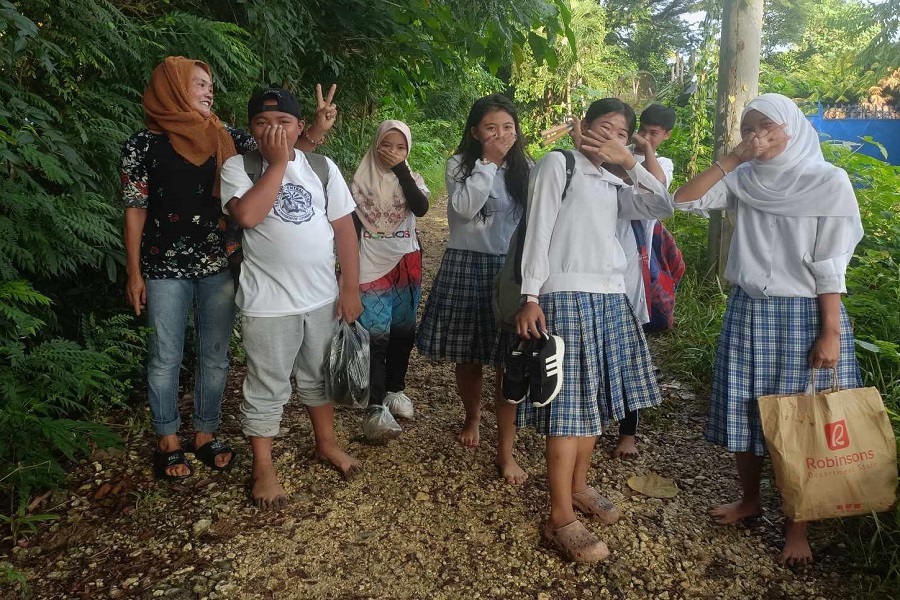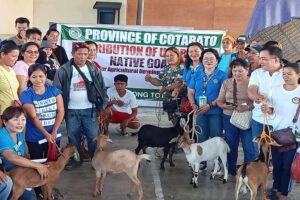Foreign-funded to stop child labor campaign expands to 2 towns
A foreign assisted project addressing child labor and use of children as combatants will expand to two remote upland Bangsamoro towns.

Photo Courtesy: John Felix Unson
COTABATO CITY – A foreign assisted project addressing child labor and use of children as combatants will expand to two remote upland Bangsamoro towns next week as part of a transnational initiative in support of the Mindanao peace process.
The International Labour Organization (ILO) of the United Nations, the government of Japan, the Ministry of Labor and Employment-Bangsamoro Autonomous Region in Muslim Mindanao (MoLE_BARMM), and the Integrated Resource Development for Tri-People (IRDT) shall facilitate the separate anti-child labor workshops next week for barangay officials and local executives in South Upi, Maguindanao del Sur, and in Wao, Lanao del Sur.
The workshops will be addressing child labor in the autonomous region by capacitating the local communities on how to address the problem, blamed on poverty and children’s lack of access to schools.
The local ILO office and Bai Sara Jane Sinsuat, director of MoLE-BARMM’s Bureau of Employment, Promotion and Welfare, announced in separate statements on Wednesday that all is set for the two workshops and efforts to push both forward are supported by the local government units of South Upi and Wao.
Both towns are agricultural areas. These towns are top producers of hybrid corn and other short-term crops in Maguindanao del Sur and in Lanao del Sur, both component-provinces of BARMM, where there is widespread use of children as farm workers when off from schools.
The Japanese government and the ILO are benefactors of the MoLE-BARMM’s anti-child labor activities in the six provinces and three cities in the Bangsamoro region.
There is a high prevalence of child labor in BARMM due to lack of income of parents and the distance of dwelling enclaves to public schools.
The Philippine Statistics Authority (PSA) has estimated that
There are 2.1 million child laborers aged 5 years to 17 years in the country as of 2020. BARMM ranks third in terms of child labor predicament with about 54,200 child laborers, compared to Northern Mindanao and Bicol region’s 78,400 and 55,100, respectively.
The involvement of some Moro clans in “rido,” or deep-seated bloody feud, is one of the reasons why children are forced to become combatants to fight for family pride and honor, referred to as “maratabat” in most southern vernaculars.
Brig. Gen. Allan Nobleza, director of the Police Regional Office-Bangsamoro Autonomous Region (PRO-BAR), said Wednesday they appreciate the expansion to South Upi and Wao of the anti-child labor efforts of the four entities cooperating to put closure to the problem.
“I have directed our provincial police directors in Lanao del Sur and Maguindanao del Norte to support that campaign via their women and children protection units,” Nobleza said.
The first of such community anti-child labor training was facilitated by the four cooperating entities last week and involved more than 50 participants from Barangay Poblacion 9 in Cotabato City.
Malacañang’s separate peace pacts with the Moro National Liberation Front (MNLF) and the Moro Islamic Liberation Front (MILF) whose leaders are now at the helm of BARMM provide cooperation on protection of the welfare of local communities, including children and the elderly, via humanitarian and socio-economic interventions.









